
Visitors to Morocco are often unsure about shopping. Items in Moroccan souks (markets) are often not priced, and tourists may be unfamiliar with the practice of bargaining to agree on a price. Naturally, the buyer wants to feel he/she has got something of good quality at a good price, but the seller has the upper hand in the negotiation. Often visitors will rely on a guide to point them in the direction of a reputable shop or to help reach an accord on a price. This article tells you the potential pitfalls of using a third party in your shopping and gives you some hints on how to ensure that the craftsman or manufacturer gets as much of the retail price as possible.
One of the pleasures of a visit to Morocco is the opportunity to buy unique handmade items for presents and souvenirs. Moroccan artisans are famous worldwide for their leather wares, ceramics, wrought iron work, silver smithing and carpet weaving. These are just a few of the crafts still practiced using traditional techniques in medinas (old cities) and villages around the country. In addition, Moroccan produce also makes a popular gift. Typical purchases include cosmetic products made from argan oil, rose water or Berber fig extract as well as culinary ingredients such as herbs, spices, olive and argan oil. But where do you begin?
The Unwritten Moroccan Economy
The wheels of Moroccan society are oiled by the use of middlemen in just about every deal. If someone shows you a shop, hotel or product, you can assume that they will get a cut of whatever you pay for it. For some people, this is how they earn a living. In a country of limited stable employment, the commission on a sale can determine whether a family eats that evening. The system of middlemen earning their percentage is not what visitors might be used to, but it is not a bad practice per se.

However, some guides seek to unduly influence where or what a tourist might buy. These people who have regular contact to tourists are attractive middlemen for shops, many of which in the larger medinas may be owned or controlled by the same company or family. The guides are sometimes bound by informal contracts to bring their clients to a particular store, and may be penalized if they are seen taking them elsewhere. A driver may take you to a carpet merchant or an argan cooperative on a country road with the intention of topping up his salary, but also because he has an obligation to do so. Every dirham which the middleman, the retailer, or the shop owner earn, is a dirham less for the person whose skill, talent and experience produced the item that you wish to take home.
Making Sure Artisans Get Their Fair Share
One way to improve the take-home profit of the craftsperson is to buy directly from a cooperative. Cooperatives are social enterprises where administration costs and profits are shared between members, each of whom has a stake in – and a dividend from – the success of the enterprise. In Morocco, charities or associations cannot legally earn an income; they must be transformed into a cooperative. In sectors such as argan oil production, carpet weaving and other crafts – particularly in rural areas and where there are groups which are under-represented in the workforce, such as women or the disabled, co-ops are seen as a major motor for development. Unfortunately, not all co-ops are created equally.
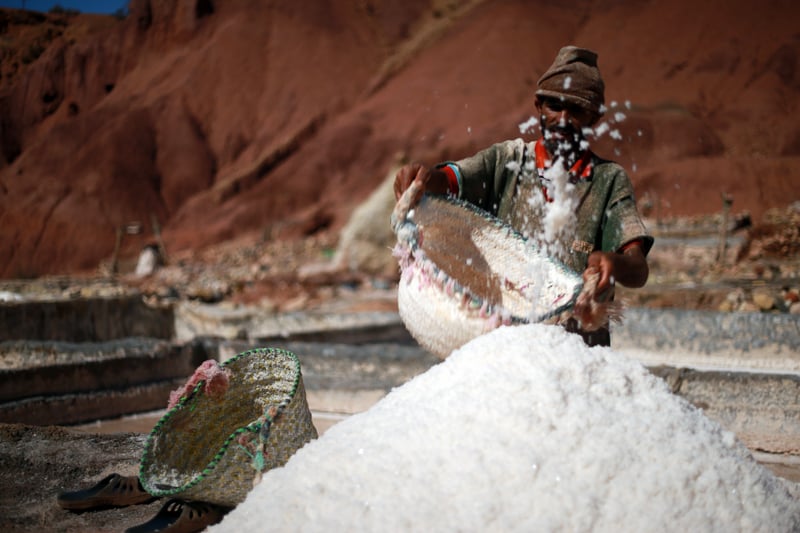
Especially in rural areas, levels of education – especially among women – are low. Illiteracy and innumeracy are common. The argan oil sector, for example, is regulated specifically to provide employment opportunities for women. To a certain extent, it has been very successful. However, many so-called argan oil cooperatives do not conform with the legal definitions. Often, there is an educated man at the helm. Due to a lack of education and training, this could be considered a necessary deviation from the rules. However, often the women are employed as day laborers rather than recruited as cooperative members with a stake in the enterprise. For many women, any work is better than none, and they prefer to be paid daily or weekly rather than wait for an annual dividend, so they don’t question their employment status.
More seriously, however, many cooperatives are co-ops in name only. Real argan oil co-ops tend to be located off the beaten track in the villages where these women live and where the argan trees grow. Large warehouses on main roads with frequent tourist bus passage which can afford to pay up to 50% commission to guides and drivers on purchases are unlikely to be passing a dividend back to the women you see demonstrating the argan harvesting, milling or refining processes. And just as the word “cooperative” is often used as a marketing tool, so too are the words “organic” or “bio”. Very few pesticides are used on argan trees, as they often grow in the wild. This is a long way, however, from the monitored and tested organic status that many of the producers claim to have received.

Tips for Shopping Responsibly
– If the shop is full of tourists groups with their guides, or the parking lot is full of buses, you can be pretty sure that the middlemen are earning a hefty commission. Buy elsewhere if you can.
-Decide what is important to you. For example, when buying agricultural produce such as olive or argan oil, do you want a certified organic product, which might be more expensive due to the extensive certification process and also potentially from a more mechanised and less artisanal process or do you want a more artisanal product which you might have to buy from a village co-op rather than in a medina store?
– If you can, get off the beaten track. The more rural or remote the vendor, the further from the main tourist axes, the closer the seller is to the producer and the more likely your dirhams are to go to someone locally.
– Use a reputable cooperative or collective of sellers. Examples include: The Anou; the Amal Center in Marrakech, or the Marquetry Cooperative in Essaouira.
– When buying argan oil, try to buy from a genuine cooperative to ensure you get the real deal and that your money helps rural women, not only through the coop dividends, but ideally also through social projects such as literacy classes or a kindergarten. The UCFA is a union created with aid from foreign development agencies to help professionalize and support women’s argan coops. They have a list of their members online.
Shopping in Morocco is unlike shopping anywhere else. It can be great fun, but some people find it more stressful than pleasurable. Make sure you know what you are after, how much you would be willing to pay and whether it is important to you who earns from your purchase. Moroccans are consummate salesmen, so be prepared and enjoy the ride!
What we Believe
We believe strongly in sustainable tourism and making sure the artisans of Morocco receive fair wages for their work. When you book a tour with us a portion of the purchase goes to support causes in the Moroccan communities where we visit. We also try to ensure encounters our clients have with sales people are transparent and uphold ethical standards. We’d love to show you a real argan co-op or rug shop. You can begin planning your experience today by calling or emailing us and we’ll be happy to give you all the advice we can for every part of your journey!

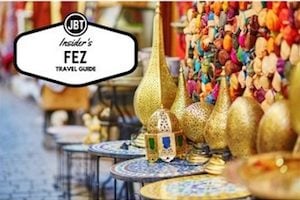
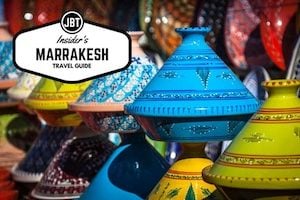
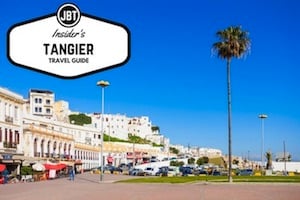



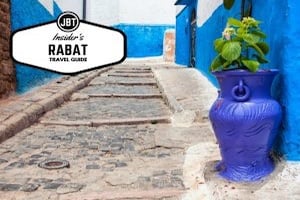
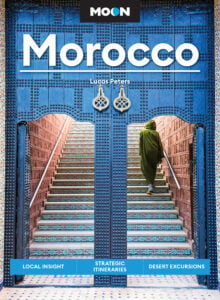
Do you have tours to visit the real co-ops that produce authentic rugs, argon oils and leather and ceramics in the Marrakech area or Ouarzaxarte area ?.
It would be for 4 people!
Would love to see the area as well
If you have , how long , where too and how much